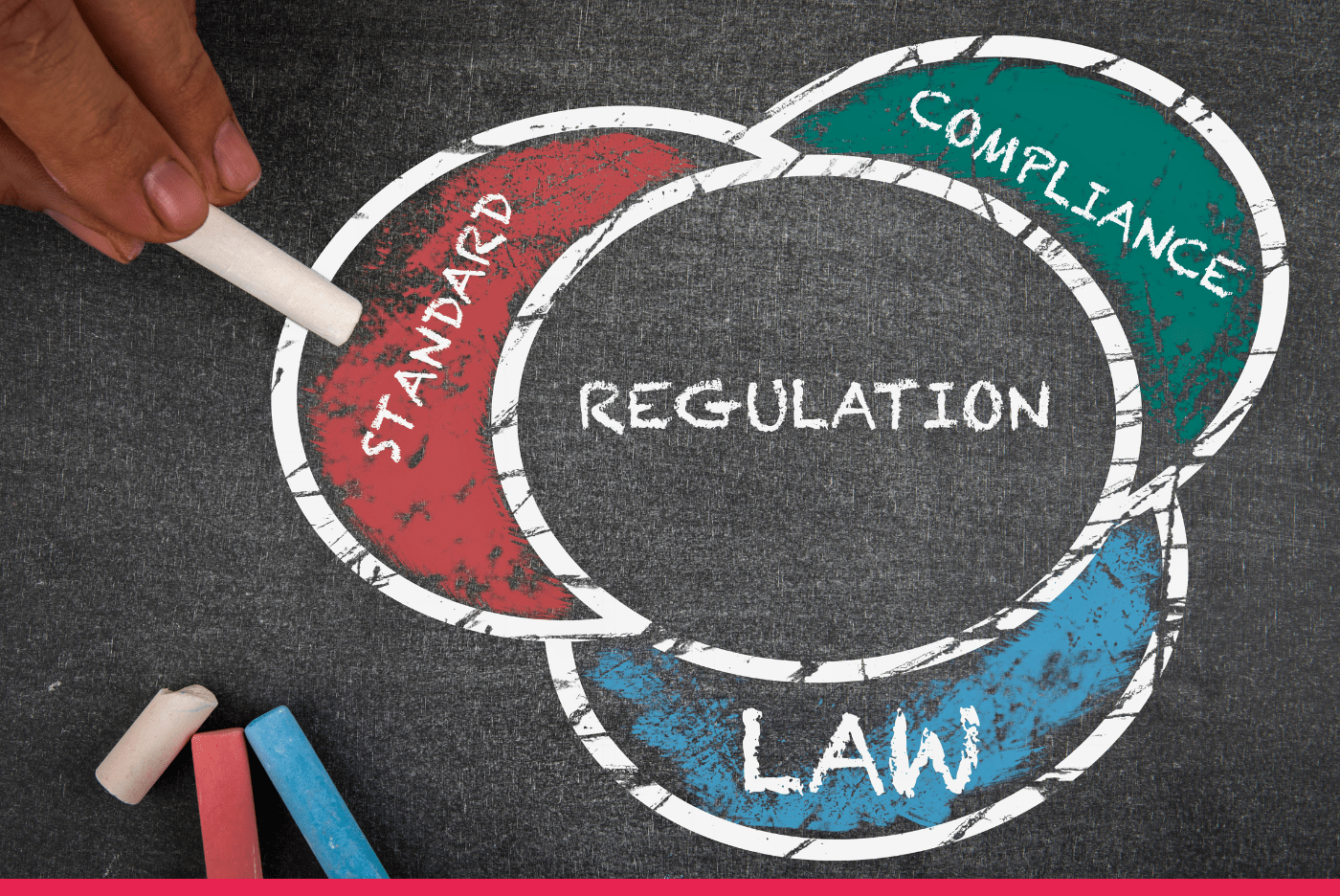
The “G” in ESG: Good Governance as a Foundation for Sustainable Investment in Africa
Africa’s economic potential is immense—a $3.4 trillion GDP projected by 2030 and a youthful population of 1.3 billion (AfDB). Yet, unlocking this promise through Environmental, Social, and Governance (ESG) investments hinges on one critical factor: the “G” in ESG—good governance. Strong governance frameworks, rooted in transparency, accountability, and the rule of law, create a stable and predictable investment climate that attracts the $2.4 trillion global sustainable investment pool (UN). Weak governance, however, fuels corruption, deters capital, and risks project failure—10% of global infrastructure funds are lost to graft yearly (UN). This blog post explores how governance ensures sustainable investment success in Africa, spotlighting AfriFund Capital’s role in promoting best practices and anti-corruption measures. Aimed at investors, policymakers, and businesses, it offers actionable insights to address pain points and drive prosperity.
Why Governance is the Bedrock of ESG Investment
Good governance is the backbone of trust in Africa’s investment climate. It ensures resources are used efficiently, risks are managed, and stakeholders are protected. The IMF notes that countries with strong governance attract 30% more foreign direct investment (FDI) than peers with weak systems. In Africa, where corruption costs $150 billion annually (UNECA), governance reforms are critical to unlocking infrastructure projects like the $25 billion LAPSSET Corridor. For investors, governance mitigates risks; for communities, it ensures equitable benefits—making it the foundation of sustainable growth.
Key Pillars of Good Governance for Investment
Transparency: Building Investor Confidence
Transparency—open access to information—reduces uncertainty. The IMF emphasizes that public disclosure of budgets and contracts fosters accountability, a key driver of FDI. South Africa’s Auditor General, mandated to ensure transparent public spending, exemplifies this, boosting its financial markets’ global ranking (World Bank). Weak transparency, however, invites mistrust—only 20% of African countries fully publish procurement data (AfDB).
- Solution: Digital platforms like Kenya’s e-procurement system cut corruption by 15% by making tenders public (KIPPRA).
Accountability: Ensuring Responsible Leadership
Accountability holds leaders to task. The IMF’s 2018 governance framework targets six state functions—central bank governance, fiscal policy, and rule of law—to curb corruption. Botswana’s rise from poverty to upper-middle-income status showcases this, with independent courts and anti-corruption agencies ensuring accountability (IMF). In contrast, Nigeria’s $1.5 billion railway faced delays due to unaccountable contract awards (AfDB).
- Solution: Establish independent oversight bodies, as Rwanda did, reducing corruption perceptions by 25% (Transparency International).
Rule of Law: Creating Predictability
A strong rule of law ensures contracts are enforced and property rights protected. South Africa’s King IV Code, mandatory for JSE-listed firms, fosters ethical governance, attracting $100 billion in FDI annually (SARB). Weak legal systems, however, deter investors—40% of African infrastructure projects face legal disputes (World Bank).
- Solution: Align with international norms like the UN Guiding Principles on Business and Human Rights, as LAPSSET aims to do.
Anti-Corruption Measures: Safeguarding Resources
Corruption erodes trust and diverts funds. The IMF’s anti-corruption training has reached 10,000 African officials, focusing on anti-money laundering and fiscal transparency. South Africa’s Prevention and Combating of Corrupt Activities Act (PCCA) sets a robust framework, though enforcement lags.
- Solution: Strengthen whistleblower protections and digital audits, as Mexico’s e-tax system did, cutting evasion by 19% (Better than Cash Alliance).
AfriFund Capital: Championing Governance in Africa
AfriFund Capital, an infrastructure investment platform, exemplifies good governance in its projects and partnerships, aligning with ESG principles to maximize impact. Modeled on platforms like Africa50, it catalyzes public and private capital for bankable projects, emphasizing transparency and accountability.
Governance in Project Selection
AfriFund prioritizes projects with clear governance structures. Its due diligence mirrors IFC Performance Standards, ensuring compliance with anti-corruption laws and transparent procurement. For instance, its support for projects like LAPSSET involves rigorous ESIAs and public disclosures, reducing risks of mismanagement.
- Impact: Transparent selection attracted $1 billion in private capital for similar African projects (AfDB).
Partnerships for Accountability
AfriFund collaborates with DFIs like AfDB and governments to enforce governance standards. Its partnerships mandate independent audits and stakeholder engagement, as seen in LAPSSET’s 50+ community forums in Lamu (LCDA). These align with Equator Principles, adopted by 130+ banks, ensuring accountability.
- Impact: Partnerships boosted LAPSSET’s local job creation by 70% (LCDA, 2022).
Anti-Corruption Commitment
AfriFund embeds anti-corruption measures in contracts, requiring adherence to OECD anti-bribery standards. Digital tracking of funds, inspired by Mexico’s tax system, ensures traceability. It also supports capacity building, training 500 officials in procurement ethics, mirroring IMF efforts.
- Impact: Reduced project cost overruns by 10% in comparable initiatives (World Bank).
LAPSSET: Governance in Action
The LAPSSET Corridor showcases governance’s role in sustainable investment. Its $25 billion scope demands transparency to secure funding—only 20% is currently committed (AfDB). Key governance efforts include:
- Transparent Procurement: LAPSSET’s e-procurement portal, per Kenya’s 2013 PPP Act, ensures open bidding, with 40% of contracts for local SMEs (AGPO).
- Community Accountability: A $10 million fund compensates displaced Lamu fisherfolk, though delays sparked protests, underscoring enforcement needs (Oxfam, 2022).
- Anti-Corruption Measures: Audits by Kenya’s Ethics and Anti-Corruption Commission align with PCCA, though gaps remain.
LAPSSET’s governance framework, while imperfect, attracts investors like AfDB, proving good governance’s value.
Challenges and Opportunities
Challenges: Systemic Weaknesses
- Corruption Persistence: 60% of Africans perceive public sectors as corrupt (Afrobarometer).
- Capacity Gaps: Only 15% of officials are trained in PPP governance (AfDB).
- Enforcement Lags: South Africa’s robust laws falter in implementation (State Department).
Opportunities: Governance Dividend
- Digitalization: E-governance, as in Rwanda, cuts corruption by 20% (World Bank).
- Regional Cooperation: AU’s Agenda 2063 can standardize governance, boosting FDI by $23 billion (PwC).
- Investor Demand: ESG funds, growing to $53 trillion by 2025, prioritize governance (UNDP).
Actionable Advice for Stakeholders
- Investors: Back AfriFund or LAPSSET projects with strong governance—check IFC compliance.
- Policymakers: Adopt digital procurement and anti-corruption laws, modeling South Africa’s PCCA.
- Businesses: Engage in AfriFund’s training to access PPP contracts—40% are local.
- Communities: Demand transparency via forums, as Lamu’s stakeholders did.
FAQ: Governance and ESG Investment
Q: Why is governance key to ESG?
A: It ensures transparency and accountability, attracting 30% more FDI (IMF).
Q: How does AfriFund promote governance?
A: Through transparent project selection, DFI partnerships, and anti-corruption measures, like LAPSSET’s audits.
Q: What’s the biggest governance challenge?
A: Corruption—$150 billion lost yearly in Africa (UNECA).
Conclusion: Governance for Africa’s Future
Good governance is the cornerstone of sustainable investment in Africa, creating a stable investment climate through transparency, accountability, and the rule of law. AfriFund Capital’s governance-first approach, mirrored in LAPSSET, shows how anti-corruption and stakeholder engagement drive success. Challenges like corruption persist, but digital tools and regional cooperation offer solutions. Investors, policymakers, and businesses—embrace governance to unlock Africa’s $3.4 trillion future. Share this post, subscribe for more, or explore AfriFund’s projects today—Africa’s prosperity starts with good governance.



Leave a Reply